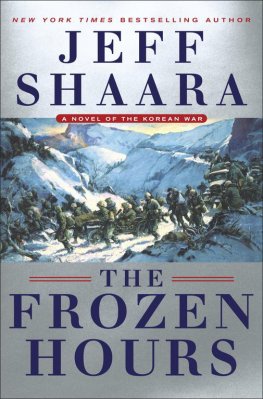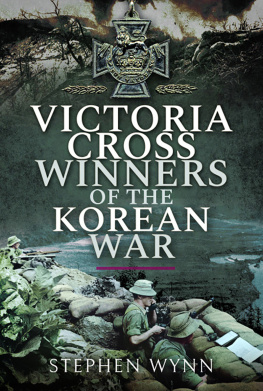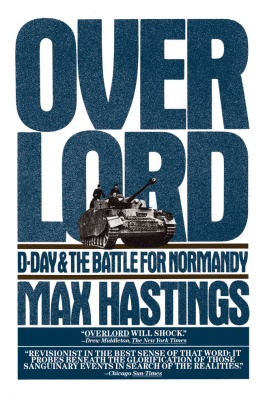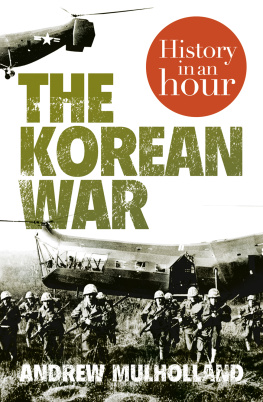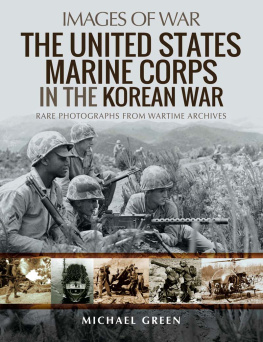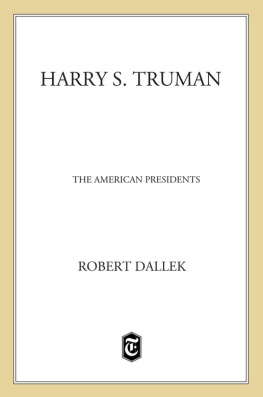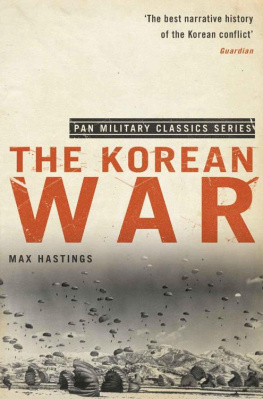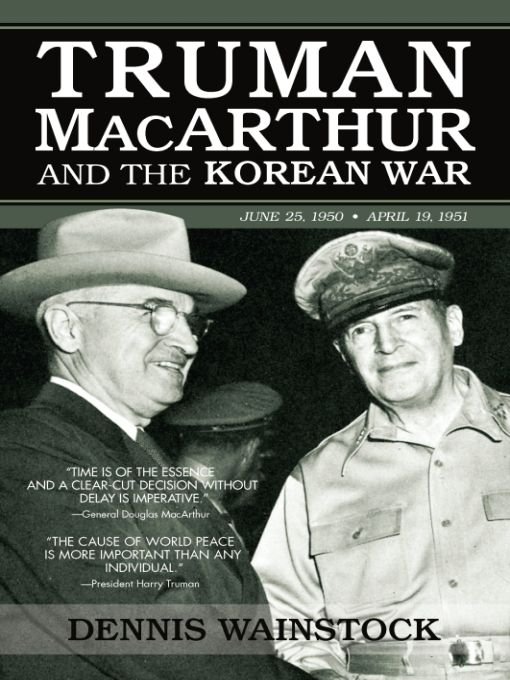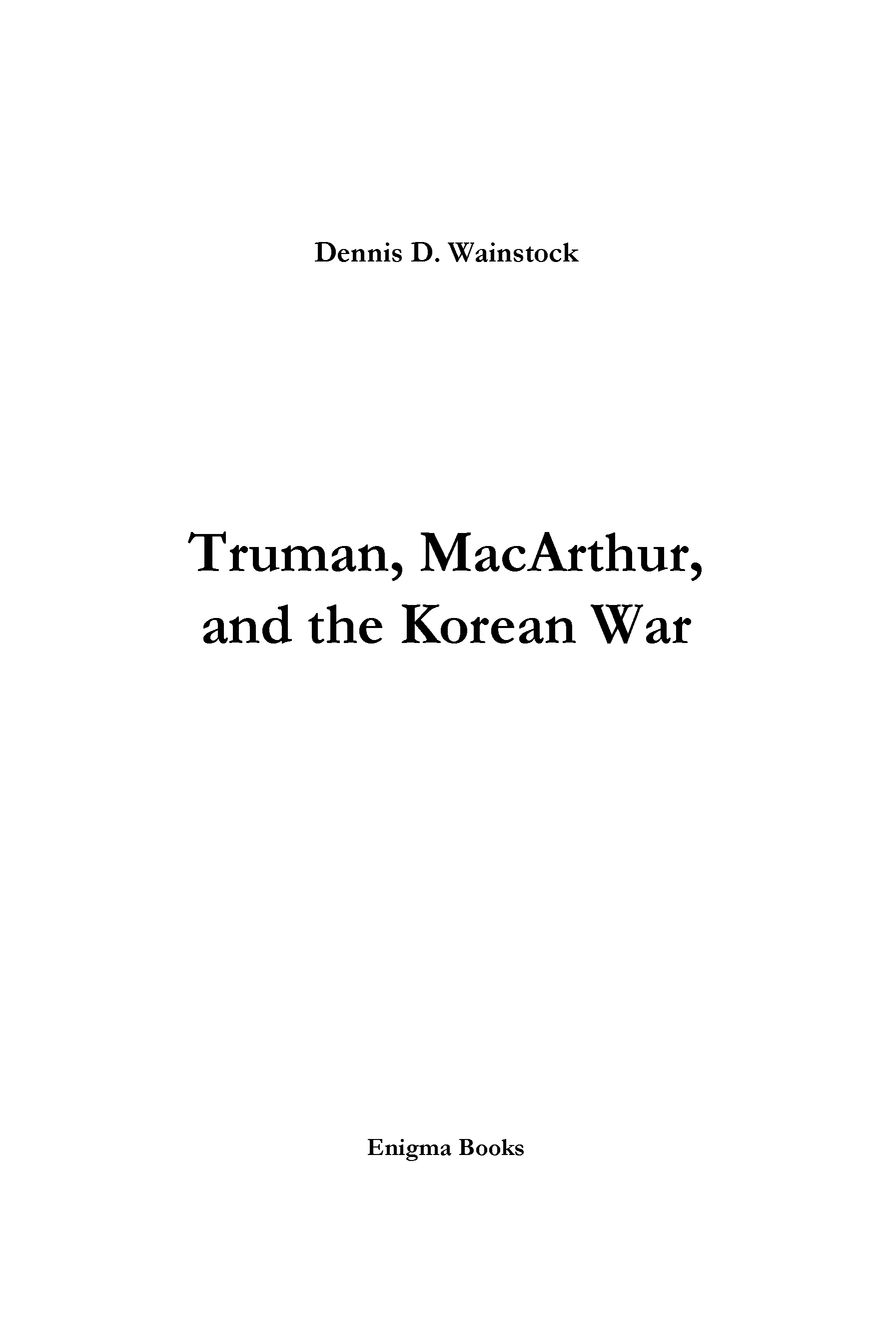Table of Contents
Enigma Books
Also published by Enigma Books
Hitlers Table Talk: 19411944
In Stalins Secret Service
Hitler and Mussolini: The Secret Meetings
The Jews in Fascist Italy: A History
The Man Behind the Rosenbergs
Roosevelt and Hopkins: An Intimate History
Diary 19371943 (Galeazzo Ciano)
Secret Affairs: FDR, Cordell Hull, and Sumner Welles
Hitler and His Generals: Military Conferences 19421945
Stalin and the Jews: The Red Book
The Secret Front: Nazi Political Espionage
Fighting the Nazis: French Intelligence and Counterintelligence
A Death in Washington: Walter G. Krivitsky and the Stalin Terror
The Battle of the Casbah: Terrorism and Counterterrorism in Algeria 19551957
Hitlers Second Book: The Unpublished Sequel to Mein Kampf
At Napoleons Side in Russia: The Classic Eyewitness Account
The Atlantic Wall: Hitlers Defenses for D-Day
Double Lives: Stalin, Willi Mnzenberg and the Seduction of the Intellectuals
France and the Nazi Threat: The Collapse of French Diplomacy 19321939
Mussolini: The Secrets of His Death
Mortal Crimes: Soviet Penetration of the Manhattan Project
Top Nazi: Karl WolffThe Man Between Hitler and Himmler
Empire on the Adriatic: Mussolinis Conquest of Yugoslavia
The Origins of the War of 1914 (3-volume set)
Hitlers Foreign Policy, 19331939The Road to World War II
The Origins of Fascist Ideology 19181925
Max Corvo: OSS Italy 19421945
Hitlers Contract: The Secret History of the Italian Edition of Mein Kampf
Secret Intelligence and the Holocaust
Israel at High Noon
Balkan Inferno: Betrayal, War, and Intervention, 19902005
Calculated Risk: World War II Memoirs of General Mark Clark
The Murder of Maxim Gorky
The Kravchenko Case: One Mans War On Stalin
Operation Neptune
Paris Weekend
Shattered Sky
Hitlers Gift to France
The Mafia and the Allies
The Nazi Party, 1919-1945: A Complete History
Encyclopedia of Cold War Espionage, Spies, and Secret Operations
The Cicero Spy Affair
A Crate of Vodka
NOC
The First Iraq War: Britains Mesopotamian Campaign, 1914-1918
Becoming Winston Churchill
Hitlers Intelligence Chief: Walter Schellenberg
Salazar: A Political Biography
The Italian Brothers
Nazi Palestine
Code Name: Kalistrat
Pax Romana
The De Valera Deception
Lenin and His Comrades Working with Napoleon
The Decision to Drop the Atomic Bomb
Target Hitler
The Eichmann Trial Diary
To Louis Wainstock
U. S. Army
3rd Infantry Division
1941 to 1945
Preface
This book is a general history of the first year of the Korean War. More specifically, it deals primarily with the period from June 1950 to April 1951, which defined the wars direction until General Mark Clark, the final United Nations commander in the Korean War, signed the armistice on July 27, 1953.
Although the study gives attention to the ever-changing military situation, its main focus is on policy-making and the developing conflicts between Truman and MacArthur over the wars direction.
The sheer quantity of the material I used was daunting, but it was filled with colorful and outstanding personalities, dramatic action, and momentous decisions that have influenced world events to the present day.
The study raised a number of questions. Were the disagreements between General Douglas MacArthur and President Harry S. Truman over Formosa and carrying the war to Red China as pronounced as commonly thought? How far apart on these issues were the Joint Chiefs of Staff and MacArthur? Just how great a role did the United Nations play in the Korean War? How wise was Trumans decision to cross the 38th parallel? Did MacArthur play a crucial role in it? Did intervention in the Korean War best serve Americas national self-interests?
My research owes much to the trail-breaking contributions by scholars who have written military studies, general histories, and monographs on the Korean War. I am also grateful to my colleagues and to the librarians, Phillis Freeman and Jackie Isaacs, at Salem-Teikyo University in Salem, West Virginia, for providing me with helpful advice and assistance during my research and writing.
There were many people who proved helpful to my project. These included Professor Wesley Bagby of West Virginia University and archivists Jim Zobel of the MacArthur Memorial Bureau of Archives, Dennis Bilger of the Harry S. Truman Library, Richard Sommers of the U.S. Army Military Institute, Tom Camden of the George C. Marshall Library, and John Taylor of the National Archives. Also, my thanks go to Barbara Allen, who cheerfully typed numerous versions of my manuscript.
Introduction
Background to the Korean War
KOREA
Sometimes called the land of the morning calm, Korea is a 600-mile-long mountainous peninsula jutting out from the Asian mainland. Squeezed between the Yellow Sea and the Sea of Japan, it varies from 90 to 200 miles in width, and is about the size of Utah and the shape of Florida. Koreas northern boundary with China extends for 500 miles along the Yalu and Tumen rivers, and the Soviet Union, for eleven miles along the lower reaches of the Tumen River.
Koreas climatic extremes and rugged terrain made modern warfare difficult for the fighting soldier. In the summer, the temperatures reach over 100 degrees, and in the winter they dip far below zero. The terrain includes barren, craggy hills, mountain ranges, and endless ridges. The Taebaek Mountains, running down the eastern side of the peninsula, virtually isolate a narrow east coast shelf from the rest of the country. With few roads across them, one battle was easily transformed into two independent ones. All the afflictions of the foot soldier are here, said General Matthew B. Ridgway, deep snows, vicious mud, very heavy summer rains, and bitter biting dust.
In 1950, about 30 million people lived in Korea: 9 million in North Korea and 21 million in South Korea. Most of the minerals, electric power, and heavy industry were located in the north, and the south was mainly agricultural. Consequently, North Korea was dependent on South Korea for its food.
Throughout Korea, transportation was primitive. Together, North and South Korea had only fifty miles of paved road. Major roads were gravel, which meant mud they were muddy in the winter and dusty in the summer. The only double-track rail line ran from South Koreas capital , Seoul, near the west coast, southeast to Pusan, the major port on the east coast. There were numerous single-track rail lines in North Korea.
Dominated by farming and Livestock, Korea was a poor country where peasants lived in small villages of thatched-roof cottages and worked their fields nearby. Pigs were the main livestock, and rice and cabbage were the major crops. The smells were intense. Village gutters were open sewers, and the peasants used excrement to fertilize their fields. Kimchi, a mixture of cabbage, garlic, peppers, and turnips, was the Koreans favorite dish. Eating it produced bad breath that had a devastating effect on Westerners.


